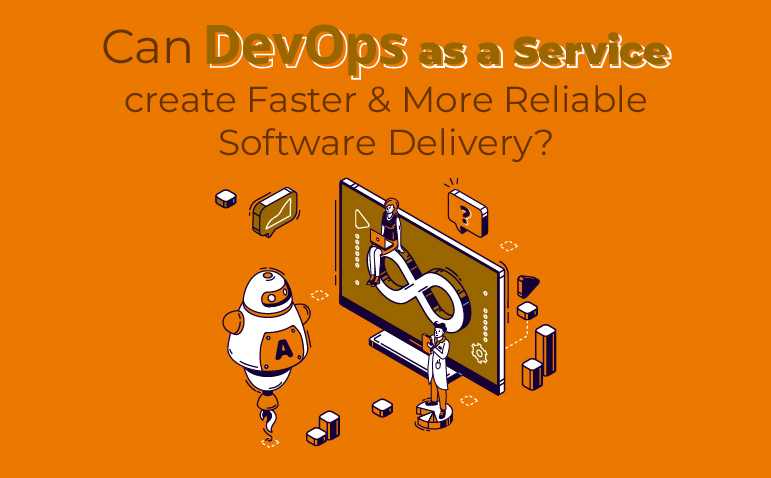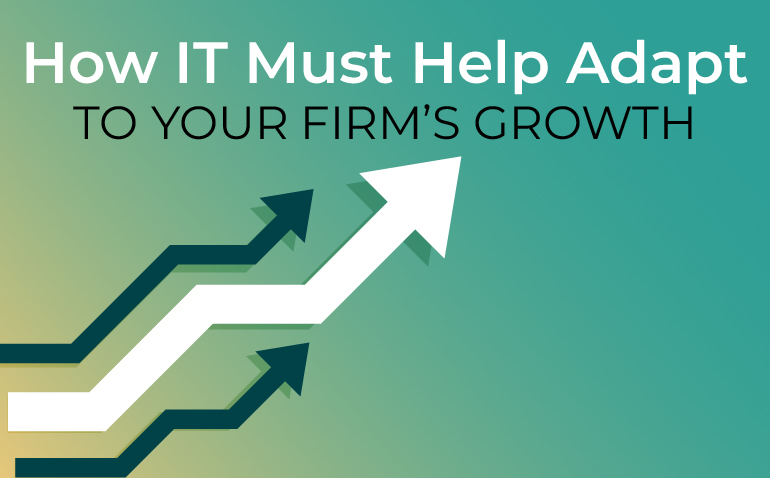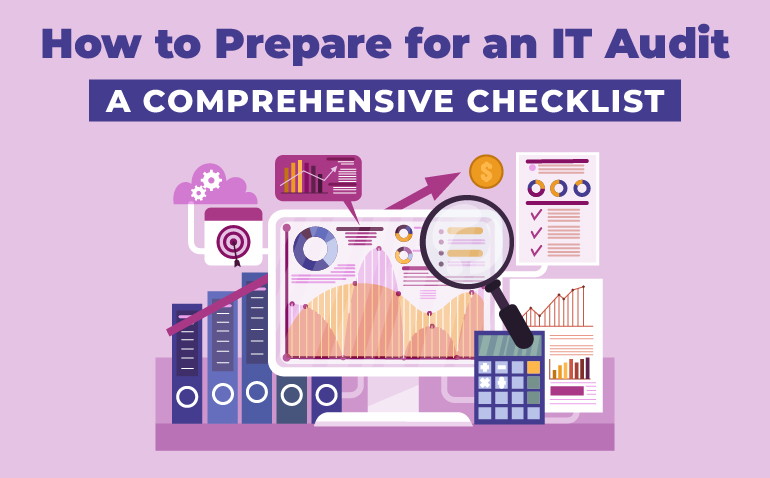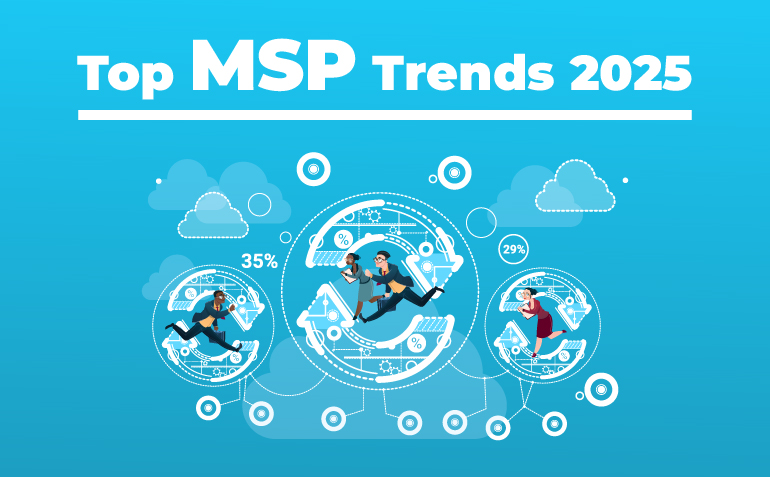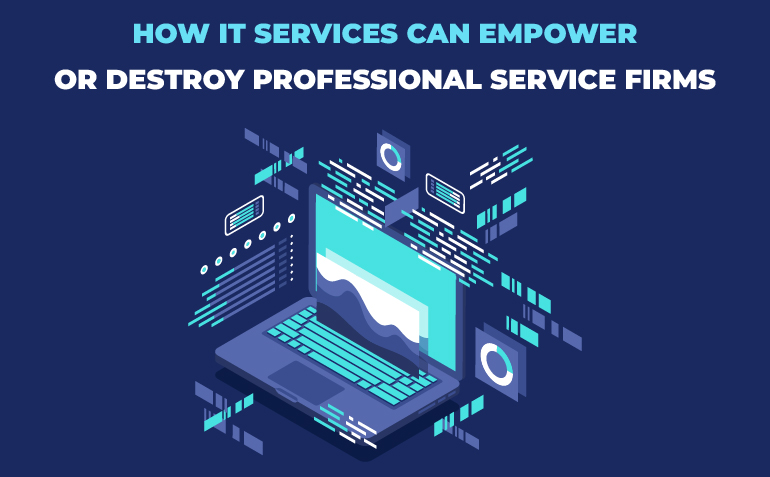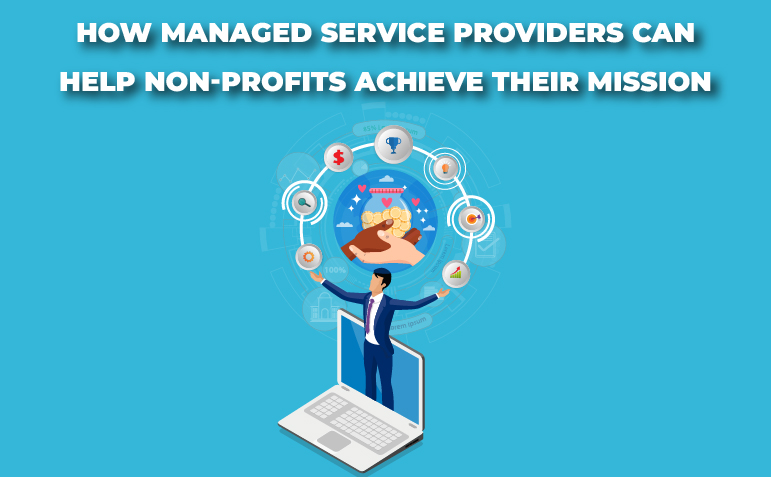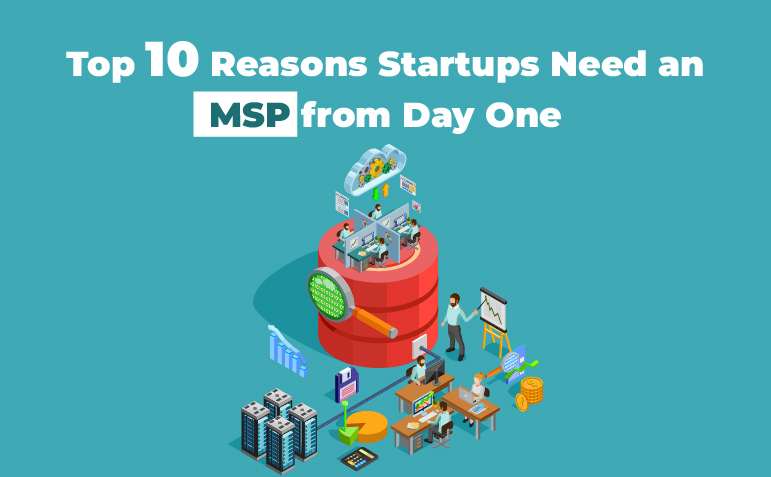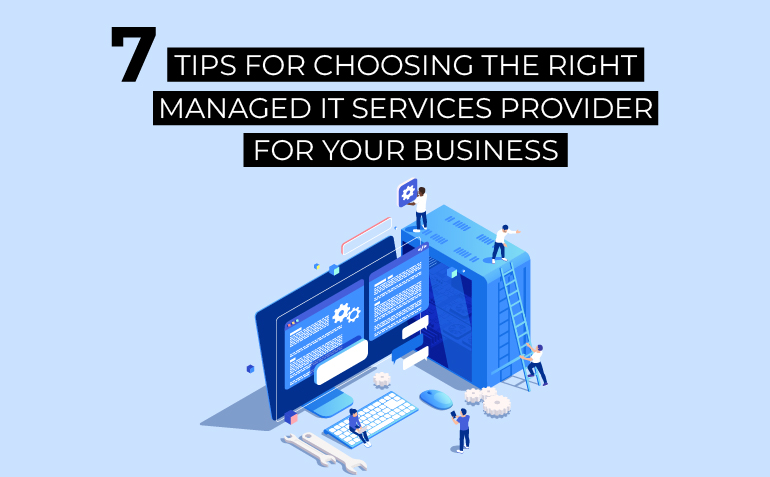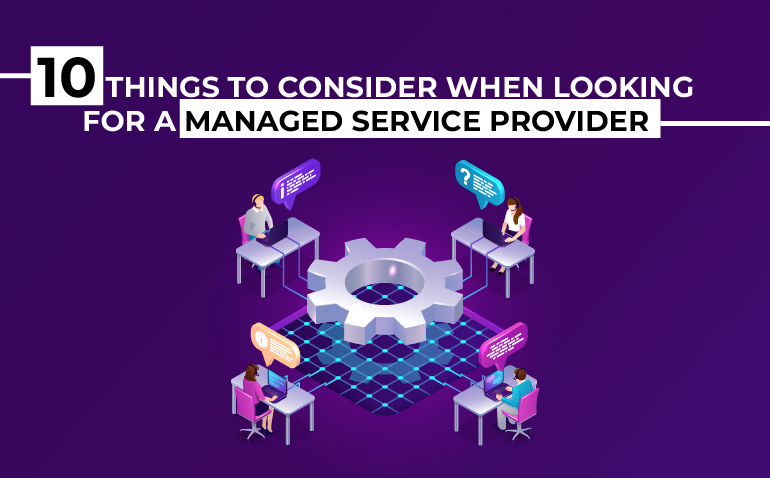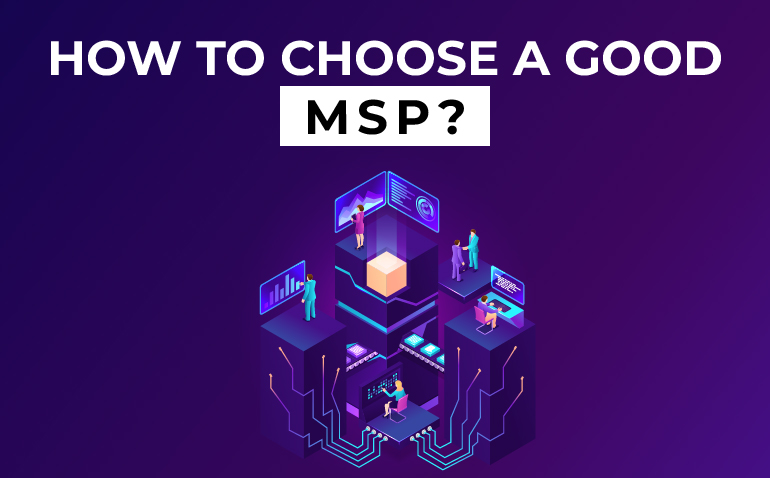Let’s get straight to the point—software development and deployment can be an overwhelming challenge.
Developers are constantly pushing code, operations teams are in firefighting mode trying to maintain system uptime, and customers demand rapid, flawless updates. It’s an ongoing storm of chaos. Enter DevOps as a Service (DaaS)—a transformative solution designed to dismantle silos, automate workflows, and expedite delivery without the usual complications. But what precisely is DaaS, and why is it indispensable today? Let’s explore.
5 Key Takeaways
✅ DevOps as a Service (DaaS) automates and streamlines essential elements of the software development lifecycle, enhancing deployment speed, operational efficiency, and synergy between development and operations teams.
✅ Infrastructure as Code (IaC) automates the provisioning and management of infrastructure, minimizing manual tasks and reducing system downtime.
✅ CI/CD pipelines drive continuous integration, automated testing, and seamless deployment to accelerate delivery cycles.
✅ Cloud-based automation fosters collaborative development while ensuring scalability and resource optimization.
✅ Telemetry and real-time monitoring empower teams with actionable insights to proactively address and resolve system issues.
DevOps Definition
teams to the cloud. Leveraging automation and scalable cloud tools, this approach enhances workflow efficiency and accelerates software delivery. Through cloud-integrated DevOps practices, organizations achieve faster development cycles, heightened reliability, and effortless scalability.
Imagine DevOps as your elite tech team operating from the cloud. Gone are the days of labor-intensive manual processes—companies can now automate the full development lifecycle. With Protected Cloud by Protected Harbor, you’re not just adopting DevOps; you’re investing in a secure, high-performance private managed cloud tailored for speed and reliability—empowering business growth at a fraction of the cost of public clouds.
What Makes DevOps as a Service Tick?
At its heart, DevOps is the synergy of automation, efficiency, and seamless collaboration—unifying development and operations like a high-functioning duo. Here’s what drives it:
1. Infrastructure as Code (IaC)
Say goodbye to manual server configuration. IaC allows teams to define, scale, and maintain infrastructure programmatically—so if a server fails, a replacement is deployed instantly, often before users even notice.
2. Continuous Integration & Continuous Deployment (CI/CD)
With CI/CD pipelines, code moves from development to production with lightning speed. Continuous integration, automated testing, and real-time deployment ensure minimal bugs, smoother user experiences, and accelerated delivery.
3. Cloud-Based Automation
Managing multiple environments? Cloud-based automation centralizes tools and environments, enabling collaborative development, streamlined testing, and consistent operations across teams. Automated monitoring ensures peak performance around the clock.
Third-Party DevOps Tools in Protected Cloud
Here are some notable integrations supported by Protected Cloud:
🔹 Terraform Provider
Offers a dedicated Terraform provider to automate the provisioning and lifecycle management of Protected Cloud infrastructure.
🔹 Ansible Modules
Though no official modules exist, the community supports various playbooks and roles to simplify Protected Cloud deployments.
🔹 Python Bindings (pyOne)
Enables API-based interactions, allowing Python applications to automate and integrate with Protected Cloud services.
🔹 Go Bindings (Goca)
Provides Go language bindings for developers to manage Protected Cloud resources through code.
🔹 Docker Machine Driver
Facilitates the creation and management of Docker hosts directly within the Protected Cloud, streamlining container orchestration.
🔹 Fog Library
Ruby developers can use the Fog library’s multi-cloud support to integrate Protected Cloud resources with other services.
🔹 OCCI Compatibility
Protected Cloud adheres to the OCCI standard, allowing seamless integration with third-party tools and standardized resource management.
Third-Party DevOps Tools Outside of Protected Cloud
🔹 Chef – Automates infrastructure configuration and scaling with minimal manual effort.
🔹 Puppet – Enables complete lifecycle automation for both cloud and on-premise environments.
🔹 Jenkins – A cornerstone in CI/CD, helping teams deliver software rapidly and reliably.
🔹 JFrog Artifactory – Manages and secures software artifacts for efficient version control.
🔹 Sumo Logic – Delivers real-time monitoring and analytics to detect and resolve issues proactively.
Using Telemetry for Real-Time Feedback
One of DaaS’s standout benefits is telemetry—real-time data collection and feedback that helps teams monitor performance, availability, and security effortlessly.
With automated logs, event tracking, and in-depth analytics, teams can:
-
Identify and resolve issues proactively
-
Enhance system performance and resilience
-
Make smarter, insight-driven decisions
Why DevOps as a Service is a No-Brainer
🔹 Accelerated Deployment – Push updates faster than ever
🔹 Elastic Scalability – Expand or contract infrastructure instantly as needed
🔹 Cost Efficiency – Only pay for the resources you use
🔹 Enhanced Security & Compliance – Maintain robust protection with automated compliance checks
🔹 Proactive Feedback Loops – Detect and address issues before they affect users
Conclusion
DevOps as a Service is the future of software development—helping businesses automate, innovate, and scale like never before. Whether you’re a startup or a Fortune 500 company, migrating to cloud-based DevOps can save time, slash costs, and boost efficiency.
At Protected Harbor, we’re not just another DevOps provider. We built Protected Cloud, a fully managed, secure, and tailored cloud solution designed for businesses that can’t afford downtime or security breaches. Unlike the one-size-fits-all cloud providers, we prioritize security, compliance, and hands-on management—so you never have to worry about performance dips or cyber threats.
With round-the-clock monitoring, proactive security, and seamless integration with DevOps workflows, Protected Cloud ensures your business stays up, stays secure, and stays ahead. Whether you’re handling sensitive customer data, high-traffic applications, or strict compliance requirements, Protected Harbor has your back.
👉 Let’s Talk! Contact us today for a free consultation and discover how our Protected Cloud can take your DevOps to the next level.

